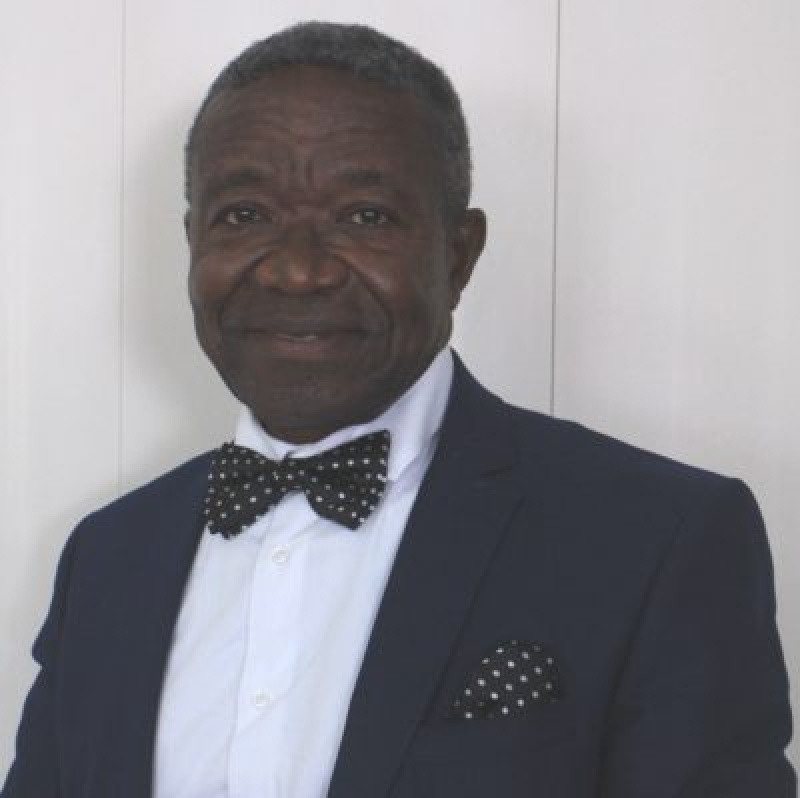
Ghanaians cannot simply be expressing admiration for the economic successes of countries like Malaysia and Singapore without studying and picking lessons to replicate for development, Dr. Yeboa Amoa, Chairman of the Securities and Exchange Commission (SEC), has said.
“We have noted that Ghanaians and their politicians are admirers of the Malaysia and Singapore economic model, but fail to study and copy how they got there. There is no shame in copying when we want to improve ourselves,” he said.
Speaking at the third Capital Market Conference organised by the Commission in Accra, Dr. Amoa pointed out that Ghana needs a consensus-building national development plan of which the capital market will be at the centre.
“Without a robust long-term financial market to support its implementation, such a plan will be dead at birth. For example, the various development plans of Malaysia sought to position the capital market at their heart. It provided the vehicle that efficiently channelled funds from home and abroad into the various growth sectors and pillars of the Malaysian economy.
“The capital market was made key to the development agenda of Malaysia, to the extent that the Director General of Malaysia’s capital market regulatory authority was required by law to report directly to the prime minister – who was directly involved in overseeing implementation of the plan. We can use rolling budgets to finance such a plan on a sustainable basis,” he said.
To Dr. Amoa, Ghana cannot re-invent the wheel but can only learn and follow what others have successfully done. “We are not only so much endowed with rich natural and human resources but are also rich in brilliant ideas, particularly among the youth, which can be turned into huge export earnings for the country.”
Touching on another successful Malaysian agenda, Senior Minister Yaw Osafo Maafo challenged the SEC to build on the recently-launched Ghana Commodity Exchange as a means of unleashing the embedded economic potential of the country’s
commodities.
“Available empirical evidence suggests that commodity exchanges are more efficient than marketing boards, and most countries have replaced their marketing boards with exchanges. Tanzania, Ethiopia, and South Africa are typical examples.
“We are aware that Malaysia, the leading producer of palm oil in the world, has set up a commodities exchange in Kuala Lumpur solely dedicated to palm oil marketing and financing. The exchange has become so efficient that world palm oil prices are now quoted from Kuala Lumpur rather than from such world financial centres as London or New York,” he said.
The Senior Minister pointed out that the palm oil exchange’s success has made Malaysia a ‘price giver’ instead of a ‘price taker’ for palm oil – unlike the case of Ghana and La Cote d’voire with cocoa.
“We are informed that palm oil from Indonesia and neighbouring countries passes through the exchange in Malaysia,” he said – asking if Ghana cannot do the same for cocoa.
“Government will commission a special study on this to explore the possibility and viability of trading cocoa on the Ghana Commodities Exchange and converting COCOBOD into an active participant in the cocoa value chain at the global level. This will be a major and priority policy shift of government going forward,” he said.
Source : thebftonline.com

































